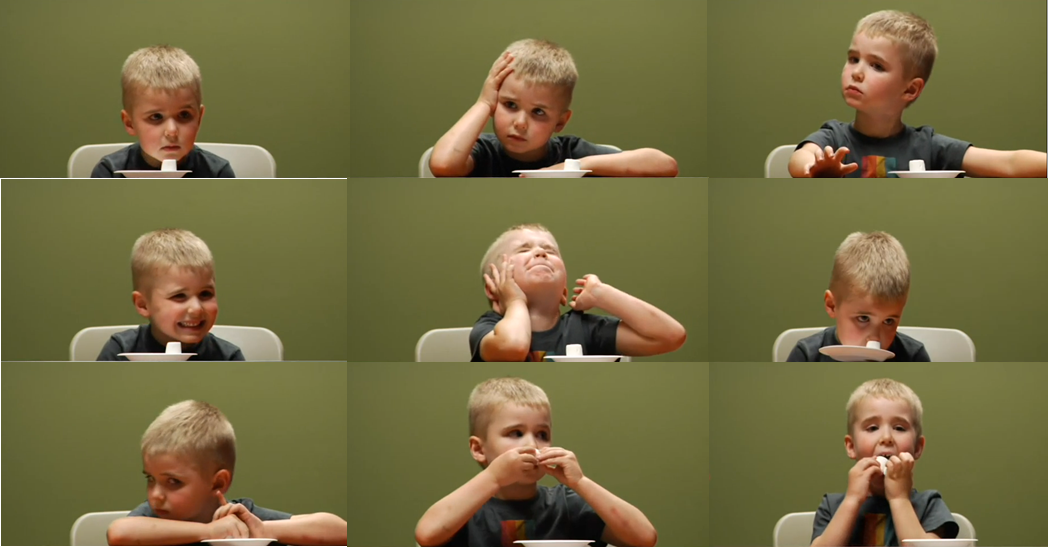The Marshmallow Test as a Test of Psychology Knowledge
Describing the marshmallow test as a test of self-control is a good sign a person doesn't know much about psychology.
Ah, the marshmallow test. Who doesn’t love a compelling, deceptively simple study that seemingly predicts important outcomes like life and financial success?

Unfortunately, whether or not a (your) child can resist eating a marshmallow for 15 minutes, so they can get two instead, is not a reliable indicator of their capacity for self-control, nor is it a reliable predictor of using such self-control for positive outcomes in their life. In this article, Yuko Munakata does a nice job of describing, in plain language, why this intuitive and appealing test masks quite a bit of complexity.
Whether or not a child “resists” eating the marshmallow is affected by the skill at self-control, sure. But, successfully resisting the marshmallow temptation is also affected by their knowledge of effective strategies for enacting self-control. For example, some kids turn away from the marshmallow and sing themselves a song to distract them from the temptation (i.e., out of sight, out of mind).
The child’s trust in researchers is another relevant factor. Some children have been learned that adults are not to be trusted, so they think, “It’s unlikely that adult is being honest when they say they’ll really give me two marshmallows in 15 minutes. I better just eat this one before they take it away.” Sad, but very true.
And culture plays a big part, also, as Dr. Munakata explains in the article. In some cultures, waiting to eat is taught, practiced, and habitualized. In others (like my food-gobbling family!), not so much. Our habits, just as much as our ability to enact thoughtful control of those habits, are keys to success in life.
So, the simple and appealing story of “if your child can resist the temptation of eating the marshmallow, they’ll be a millionaire someday!” is overly simplistic. And when people cite this study in its simplistic form, that’s often a good sign they don’t have deep knowledge of psychology.
Finally, Dr. Munakata ends with a critical point about psychology research. When psychologists study homogeneous groups, they end up with a very limited view of all the relevant factors affecting the phenomenon in question. More observations, of a greater variety of people, in a greater variety of authentic settings, is needed to truly capture a phenomenon in all its complexity. When you have a better sense of the phenomenon, you can make better hypotheses about how and why it manifests.